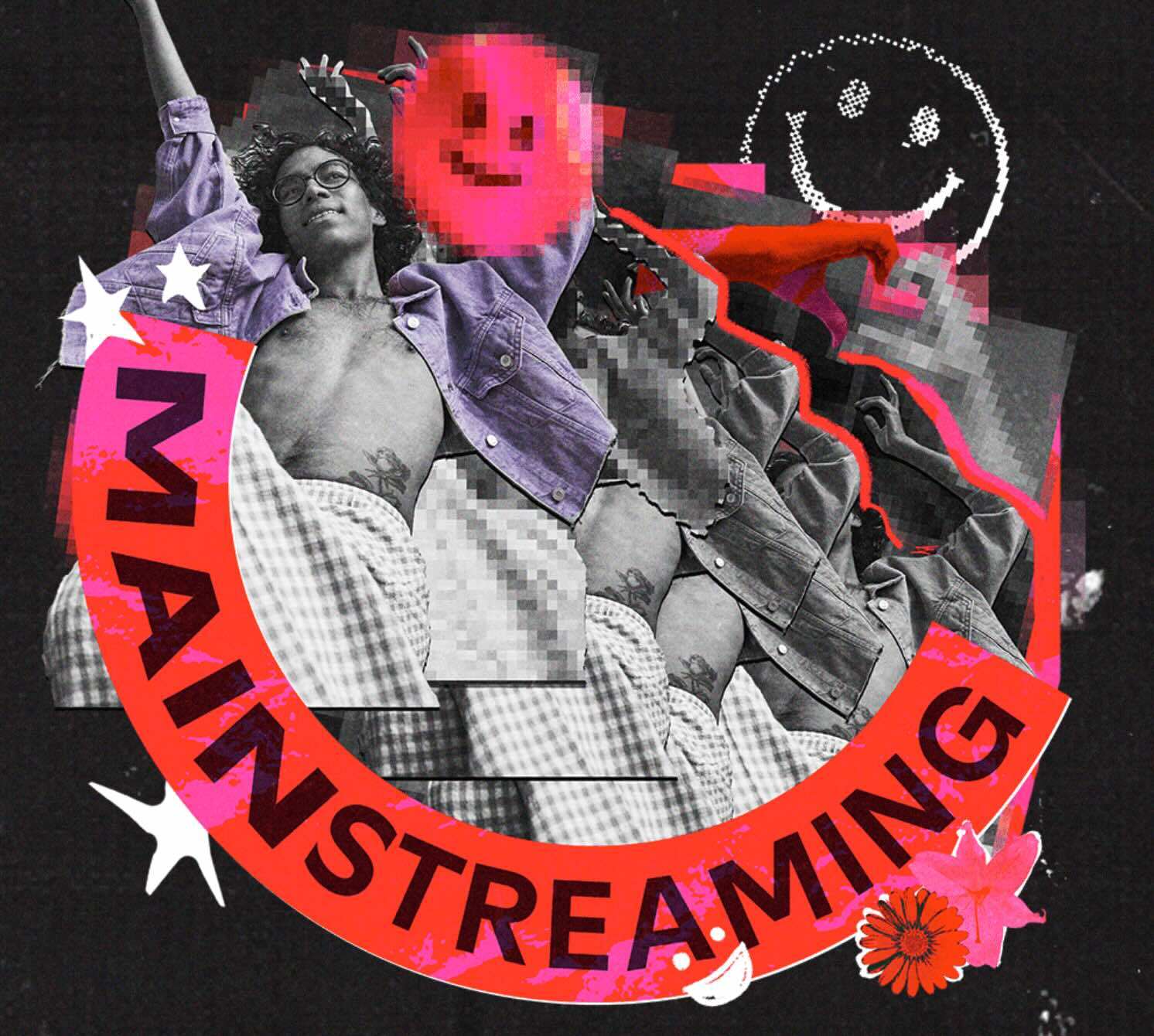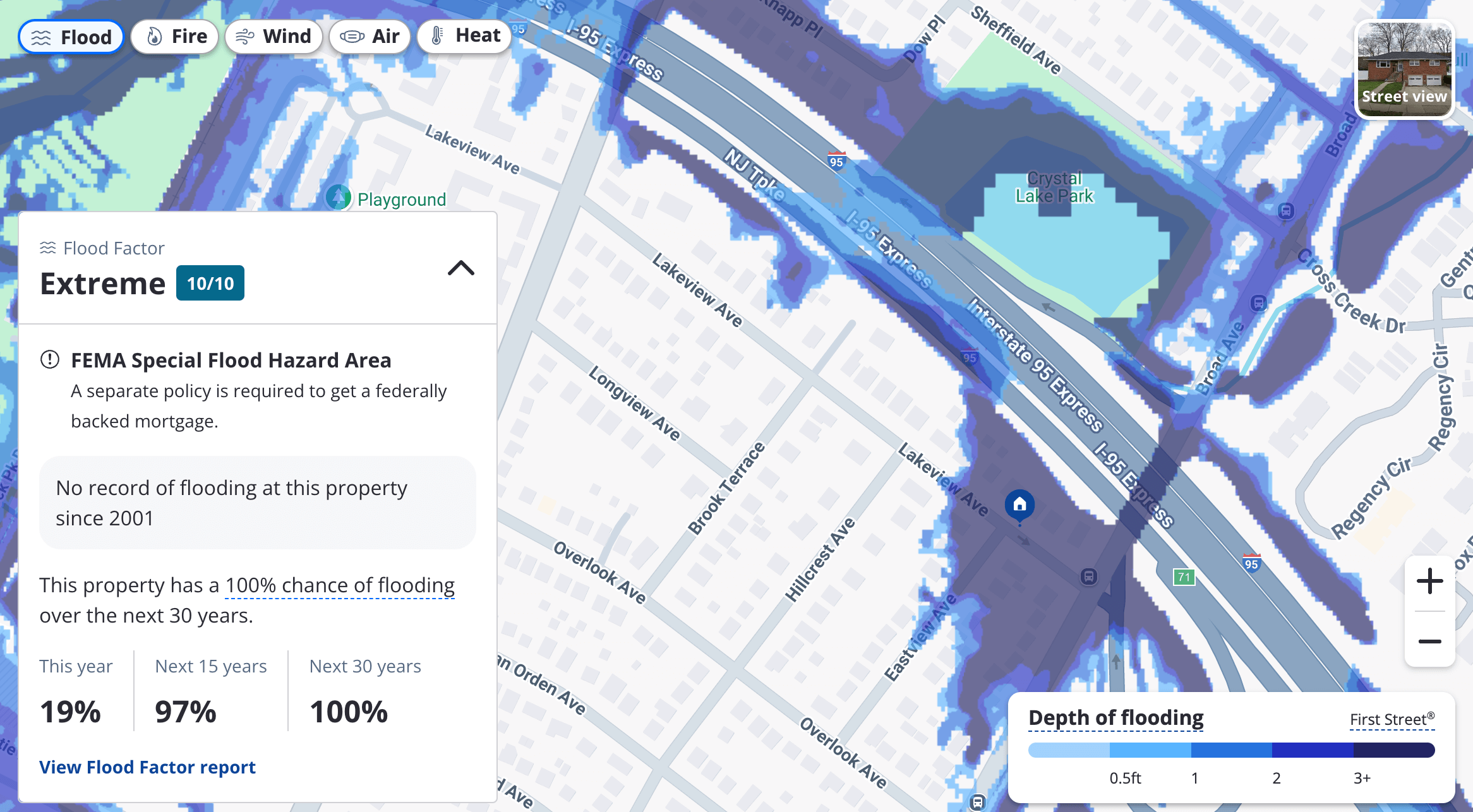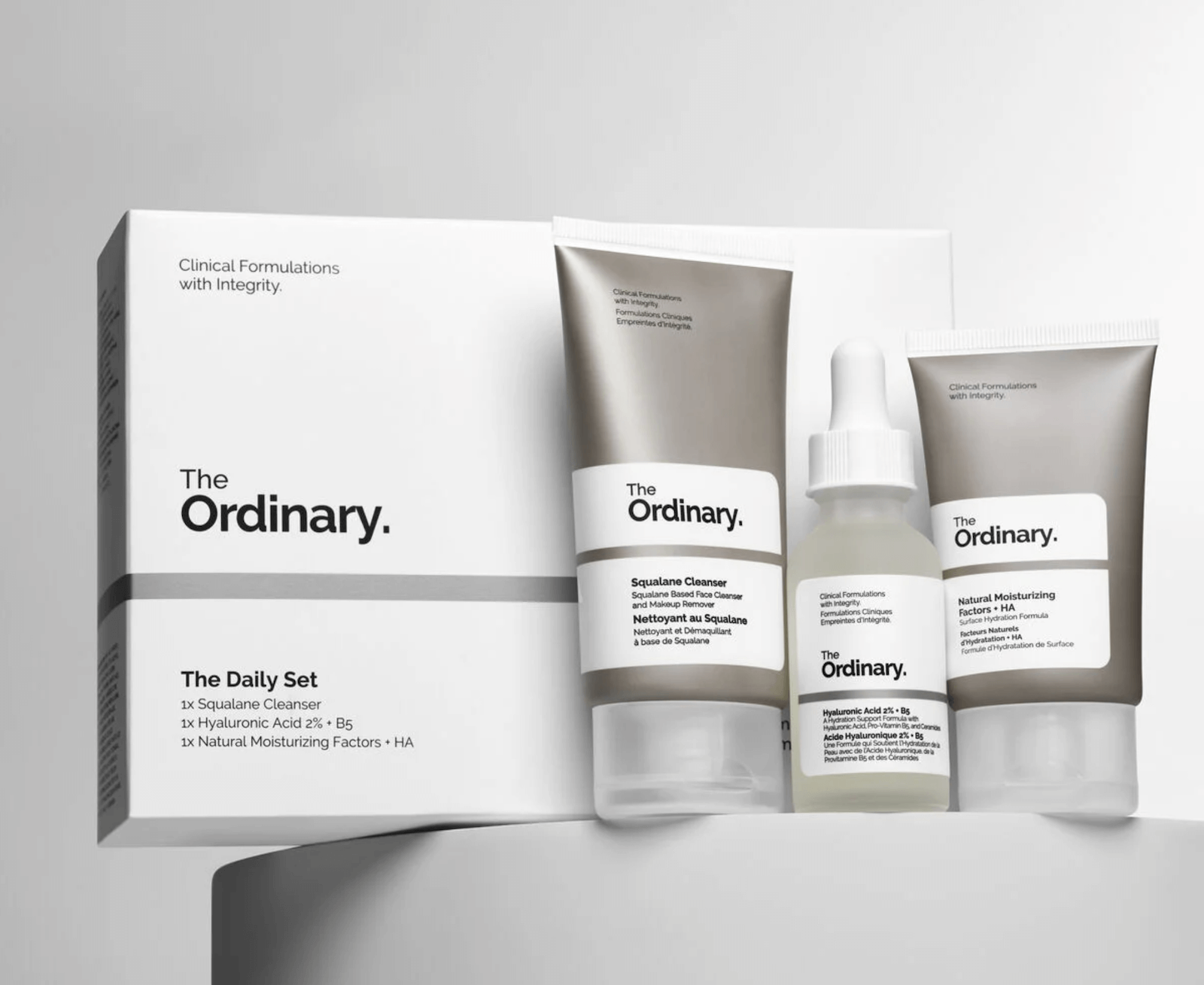No more gaming the system? Sony launched a new strategy to curb unscrupulous resellers from getting their hands on the latest PlayStation consoles — it's requiring potential buyers to prove their dedication as gamers. To pre-order the upcoming PlayStation 5 Pro 30th Anniversary Limited Edition set, customers must have at least 30 hours of gameplay logged on their PlayStation Network accounts between 22 February 2014 and 19 September 2024.
Thirty hours is an entirely reasonable threshold for genuine players to meet — for instance, the playtime to complete 2024's breakout game Black Myth: Wukong ranges between 35.5 and 64.5 hours. The cut-off date ensures resellers trying to clock the required hours after the announcement will not qualify. The measure, aimed at combating resellers buying up stock and flipping it for highly inflated prices, prioritizes genuine gamers. The initiative is currently limited to the Japanese market, and Sony has not indicated any plans to expand it globally.
Fans' dedication to their favorite thing — whether a PlayStation console, a Taylor Swift concert, or whatever the hottest sneaker drop is — makes them the most valuable group of consumers for brands to have. Unfortunately, their passion also makes them vulnerable to parties looking to exploit the price elasticity of their enamored demand. Sony's latest anti-resale strategy makes for a powerful audience engagement initiative: not only addressing a longstanding pain point for fans, but also allowing those fans to flex their identity and credentials as gamers.
Moreover, it demonstrates to avid PlayStation fans that the brand cares. Sony makes the same amount of revenue, regardless of who purchases a console. By actively taking measures to help genuine gamers acquire limited-edition releases, the brand gives fans the recognition they deserve. How is your brand validating and rewarding its genuine fans and most loyal consumers?


















